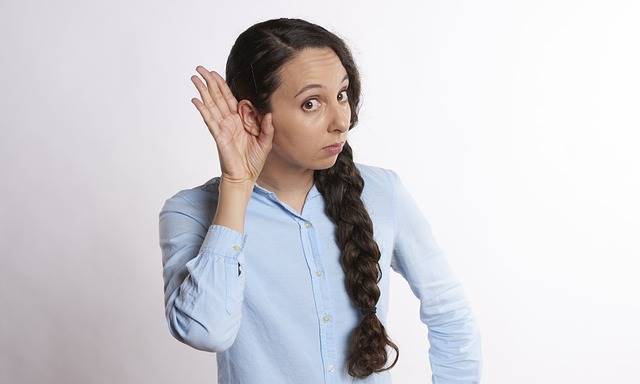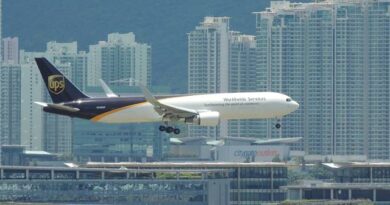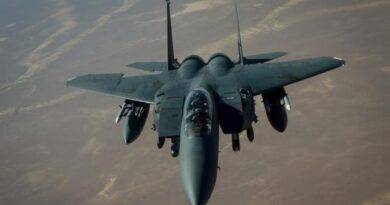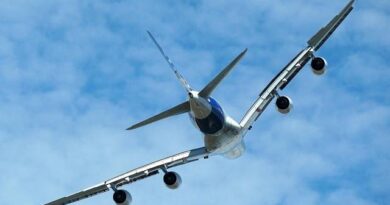Understanding Hearing Problems for Pilots and Effective Prevention Methods
Hearing is a critical sensory function for pilots, enabling them to communicate with air traffic controllers, fellow crew members, and maintain situational awareness during flights. However, the nature of their profession exposes them to various factors that can potentially lead to hearing problems. This article explores the common hearing issues faced by pilots, discusses the underlying causes, and provides valuable prevention methods to ensure optimal auditory health.
Understanding the Impact of Noise Exposure on Pilots
Pilots often encounter high levels of noise exposure during flights, which can have detrimental effects on their hearing. Continuous exposure to loud engine noise, aircraft systems, and communication devices significantly increases the risk of noise-induced hearing loss (NIHL). This condition results from damage to the sensitive hair cells in the inner ear and can lead to permanent hearing impairment.
Recognizing the Symptoms of Hearing Problems in Pilots
Pilots should be vigilant in identifying the early signs of hearing problems to seek timely intervention. Common symptoms include difficulty understanding speech, ringing or buzzing sounds in the ears (tinnitus), muffled sounds, and increased sensitivity to noise. Regular hearing screenings and self-awareness are crucial for early detection and prevention of further deterioration.
Prevention Methods for Pilots
a. Implementing Effective Hearing Protection Measures
Pilots can adopt several strategies to protect their hearing while on duty:
Wearing Properly Fitted Headsets: High-quality aviation headsets with noise-canceling features help reduce the overall noise exposure by attenuating background noise and improving communication clarity.
Using Custom-Molded Earplugs: Custom-fit earplugs offer an additional layer of protection by minimizing noise levels during takeoff, landing, or other critical phases of flight.
b. Following Noise Exposure Guidelines
Limiting Exposure Time: Pilots should be mindful of their cumulative noise exposure and try to limit the duration of exposure to high noise levels.
Taking Regular Breaks: Frequent breaks during flights allow the ears to rest and recover from prolonged noise exposure, reducing the risk of hearing damage.
c. Promoting a Healthy Lifestyle
Avoiding Smoking and Excessive Alcohol Consumption: Smoking and excessive alcohol consumption can contribute to hearing loss, making it essential for pilots to adopt a healthy lifestyle.
Maintaining a Balanced Diet: Proper nutrition, including foods rich in vitamins A, C, and E, can support optimal auditory health.
Conclusion
As pilots perform their crucial roles in the aviation industry, preserving their hearing health becomes imperative. By understanding the impact of noise exposure, recognizing early symptoms, and implementing effective prevention methods, pilots can safeguard their auditory well-being. Adhering to noise exposure guidelines, using protective measures like high-quality headsets and earplugs, and maintaining a healthy lifestyle are crucial steps towards preventing hearing problems and ensuring a long and successful aviation career.
References:
Federal Aviation Administration (FAA). (2021). Noise and Hearing Conservation for Aviation Safety Inspectors and Pilots. Retrieved from https://www.faa.gov.
Civil Aviation Authority (CAA). (2021). Hearing and Noise in the Aviation Environment. Retrieved from https://publicapps.caa.co.uk.
Occupational Safety and Health Administration (OSHA). (2019). Occupational Noise Exposure Standard: Hearing Conservation Amendment; Final Rule. Retrieved from [https://www.osha.gov]



